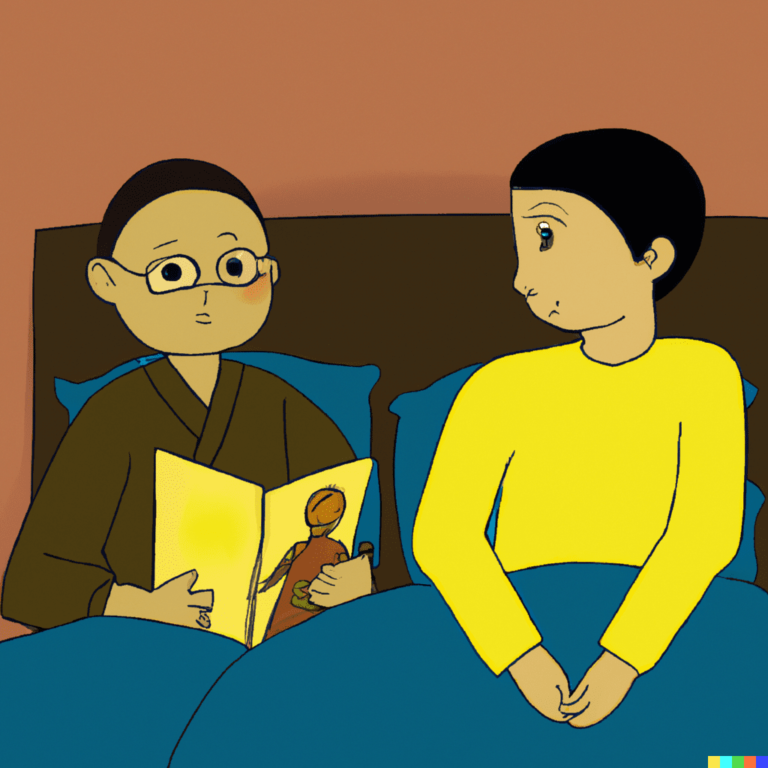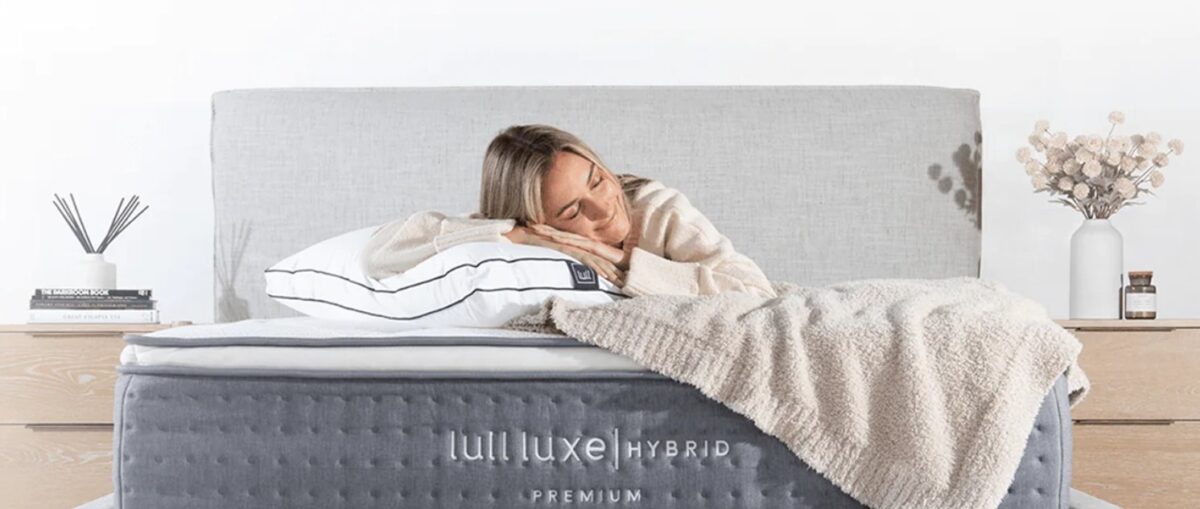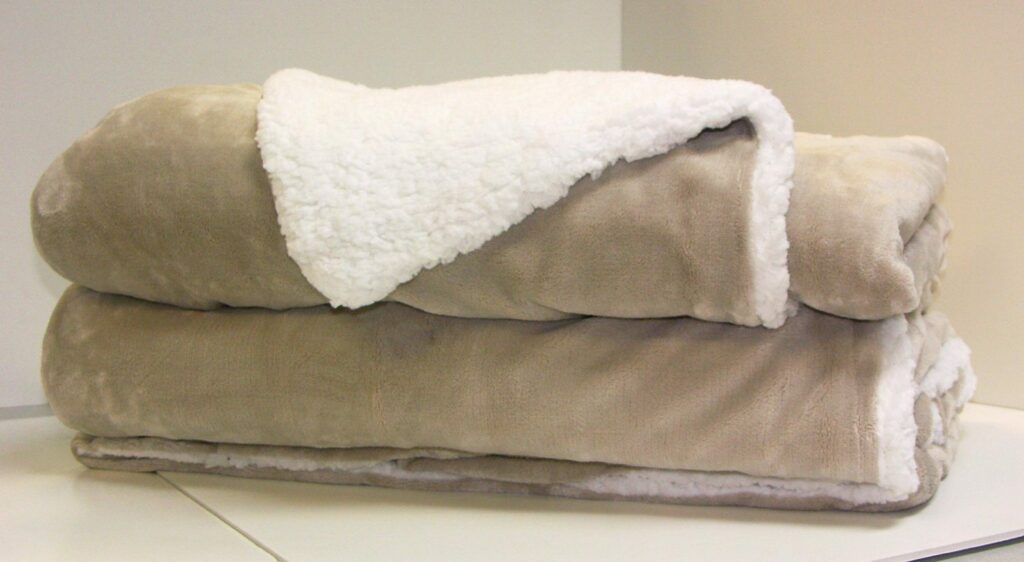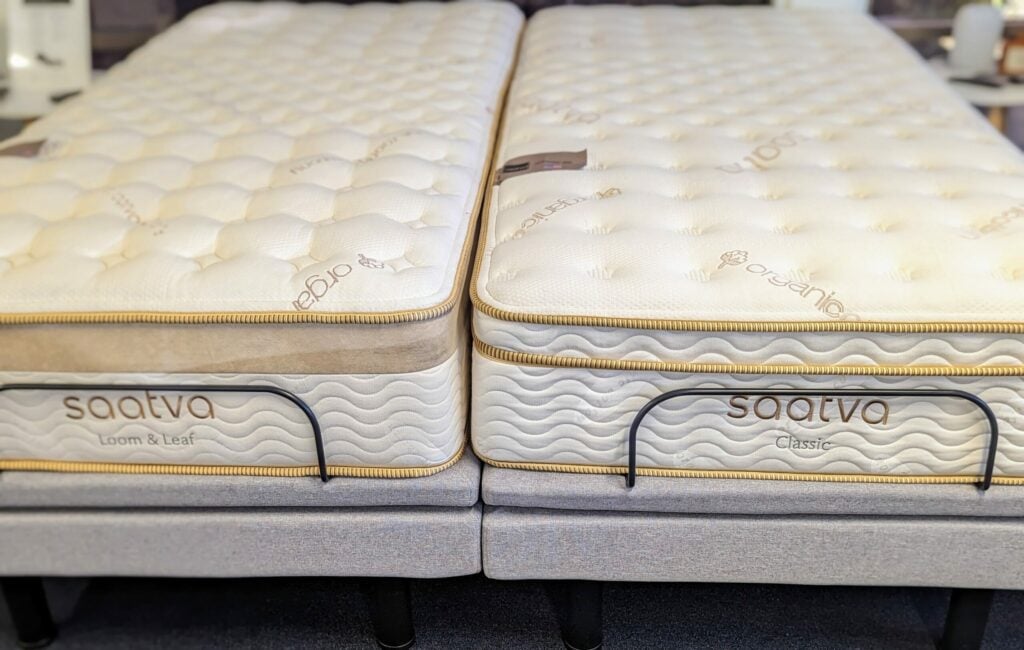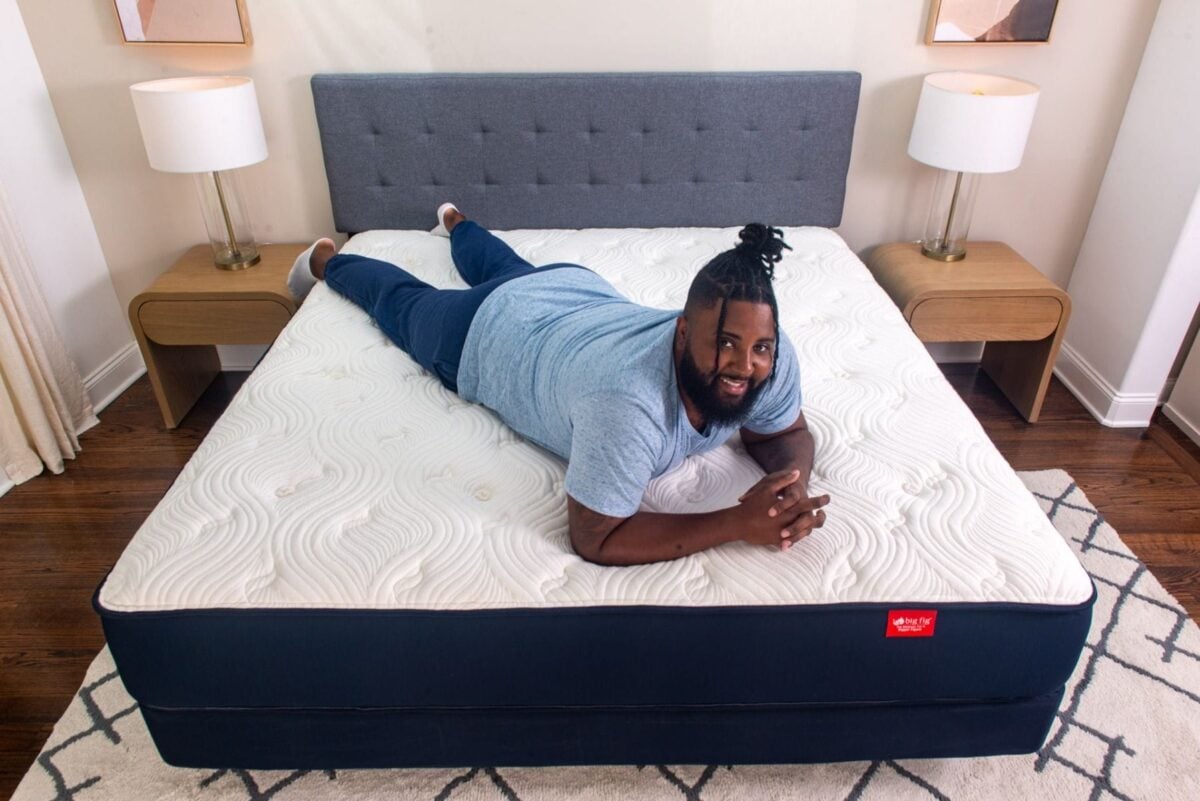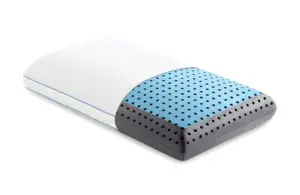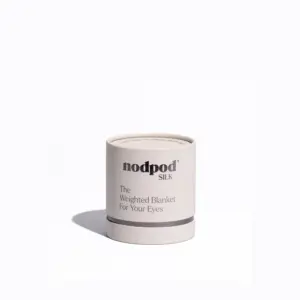Achieving quality sleep can sometimes feel like an uphill battle, especially in our increasingly busy and digitally connected lives. Luckily, the innovative applications of artificial intelligence, such as ChatGPT, offer promising solutions for sleep enhancement. Here’s how you can leverage ChatGPT to help you sleep better:
Personalized Sleep Hygiene Reminders
Sleep hygiene involves the practices and environmental factors conducive to sleeping well. Using ChatGPT, you can customize reminders for these essential habits. This could be a prompt to shut down your screens an hour before bed, a nudge to keep your sleeping space cool and dark, or a suggestion to avoid caffeine in the evenings. It can help establish a regular sleep schedule and promote adherence to a pre-sleep routine, both critical for quality sleep.
Stress and Anxiety Management
ChatGPT can help manage the stress and anxiety that often accompany a hectic lifestyle and impede sleep. It can guide you through relaxation techniques such as deep-breathing exercises, progressive muscle relaxation, or mindfulness meditations. It can also provide you with a comforting chat before bed, allowing you to wind down and transition into a more restful state of mind.
Bedtime Story Narration
For some, reading or listening to a story can make falling asleep easier. ChatGPT can serve as an on-demand storyteller, generating calming narratives that can transport you from the worries of your day into peaceful scenarios that prepare your mind for sleep.
Dream Incubation
An exciting potential application of ChatGPT is in dream incubation, the practice of influencing dream content by focusing on specific themes before sleep. If you’re interested in this area, you can experiment by having a directed conversation with ChatGPT about a chosen narrative or scenario before you drift off.
Sleep Education
Adequate knowledge about sleep and its mechanics is an often-overlooked aspect of sleep health. ChatGPT can provide you with scientifically accurate information about sleep stages, the effects of sleep deprivation, and the benefits of good sleep hygiene, helping you make informed decisions about your sleep habits.
Remember, while these methods may help improve your sleep quality, they are not a substitute for professional medical advice. If you have persistent sleep issues, it is advisable to consult a healthcare provider or a sleep specialist. But for those looking to optimize their sleep hygiene or find new ways to relax before bed, ChatGPT can be a powerful tool.
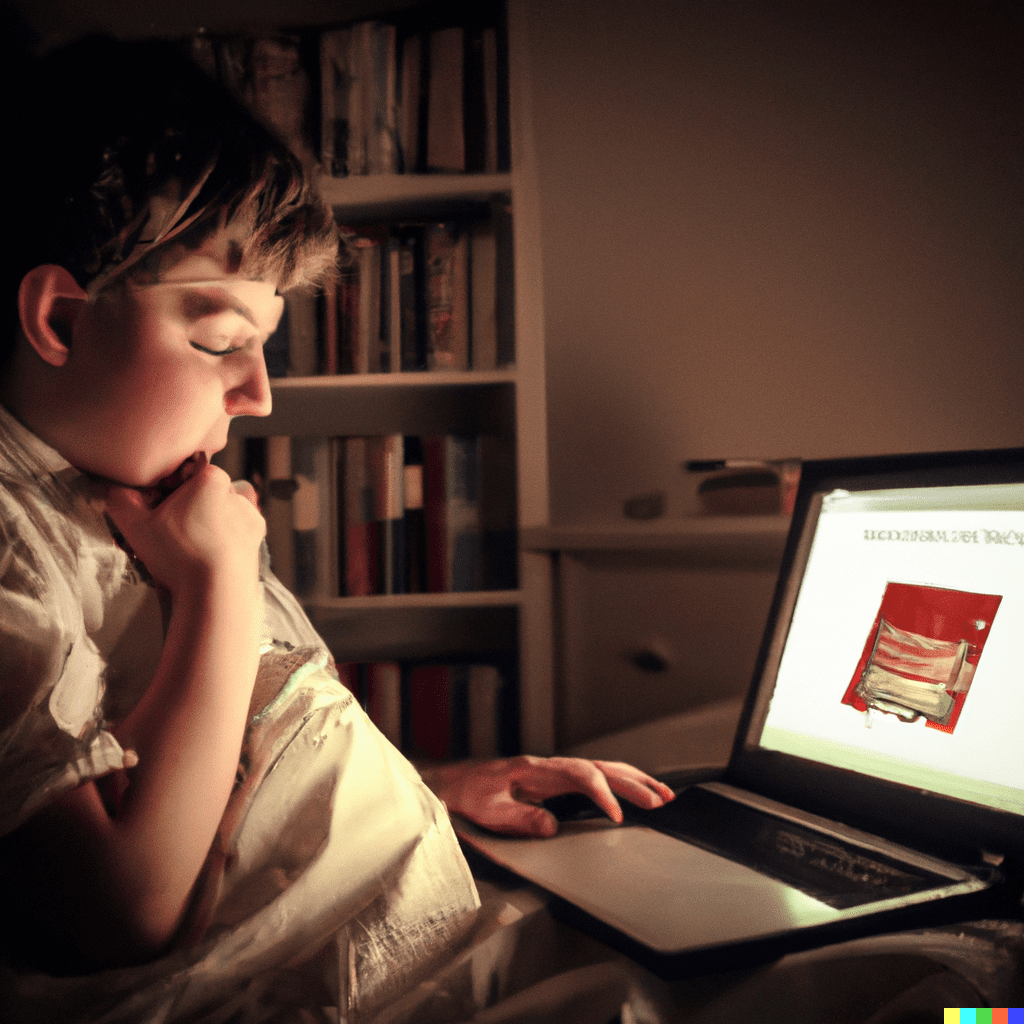
Regular Sleep Cycle Management
Consistency is key to good sleep. It’s important to maintain regular sleep and wake times to synchronize your body’s internal clock, also known as the circadian rhythm. Here, ChatGPT can function as a sophisticated digital assistant, reminding you to stick to your sleep schedule. The AI can even adjust its prompts based on your recorded sleep data, encouraging regularity even on weekends or holidays.
Lifestyle Choices and Sleep
Many lifestyle choices can impact your sleep, from diet to exercise to your caffeine or alcohol consumption. ChatGPT can provide insights and reminders about these choices, helping you stay conscious of habits that may disrupt your sleep. For instance, it can remind you to engage in regular physical activity—ideally not too close to bedtime—or suggest that you avoid heavy meals or alcoholic drinks in the evening.
Dealing with Insomnia
If you suffer from insomnia, ChatGPT can also assist by providing cognitive behavioral techniques to manage your sleep issues. Cognitive Behavioral Therapy for Insomnia (CBT-I) includes techniques such as stimulus control (associating the bed/bedroom with sleep and not with wakeful activities), sleep restriction (reducing the time spent in bed to increase sleep efficiency), and cognitive control (challenging and changing unhelpful beliefs about sleep). ChatGPT can guide you through these techniques, though it should be noted this does not replace professional help.
Noise and Light Control Suggestions
Your environment plays a significant role in the quality of your sleep. Excess noise and light can disrupt sleep patterns. Here, ChatGPT can provide practical suggestions based on current research. Whether it’s recommending a specific type of blackout curtain, suggesting the use of white noise machines, or discussing the benefits of sleep masks and earplugs, the AI is a helpful resource.
Conclusion
In conclusion, ChatGPT serves as an advanced, multi-faceted tool in your pursuit of better sleep. Whether you need assistance with maintaining sleep hygiene, dealing with insomnia, managing anxiety, or making informed lifestyle choices, it provides valuable support.
Remember that while ChatGPT offers myriad benefits for sleep enhancement, its use should be complementary to professional advice in case of serious sleep issues. The power of AI offers immense potential, and in combination with appropriate healthcare guidance, it could pave the way for a future where quality sleep is within everyone’s reach.
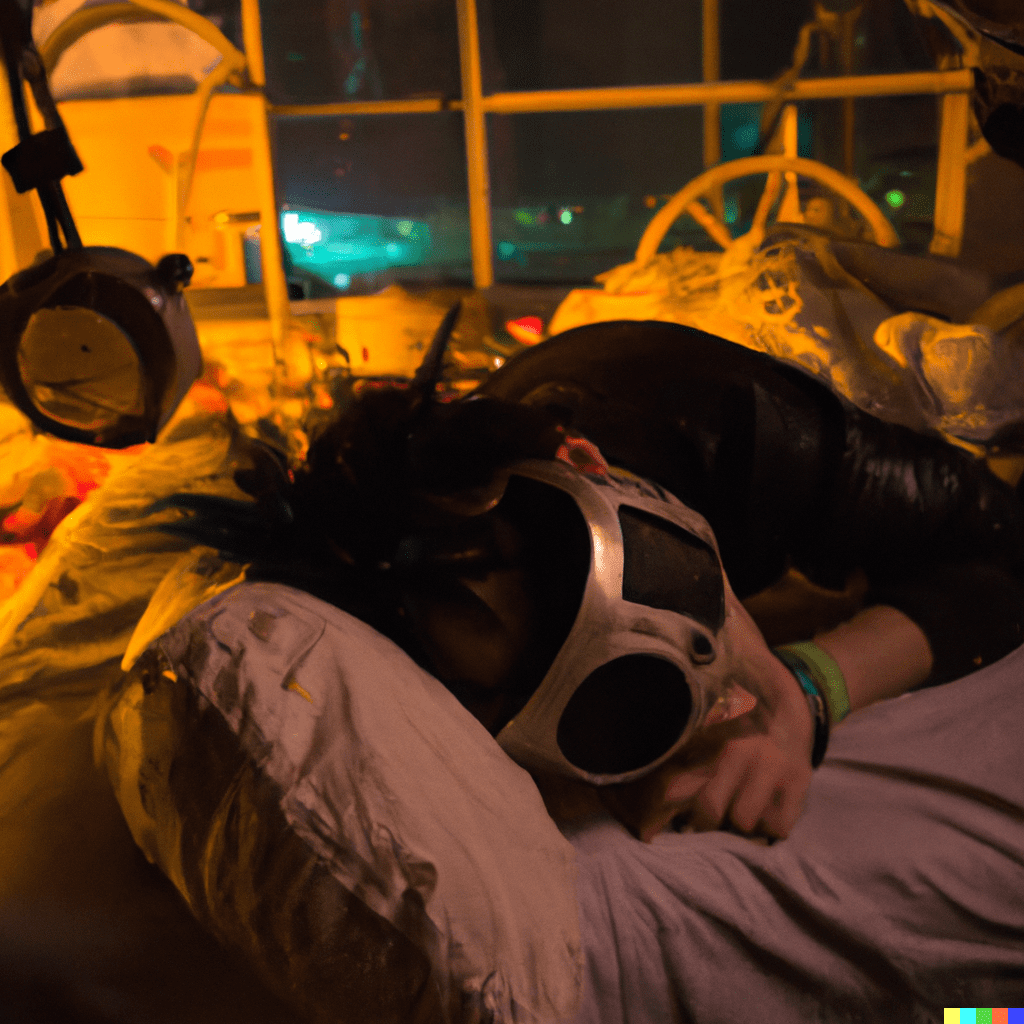
Mindfulness and Sleep
Mindfulness, the practice of purposefully focusing your attention on the present moment, is another area where ChatGPT can help promote better sleep. It can guide you through mindful exercises designed to relax the mind and body, helping to release tension and prepare for rest. These might include focusing on your breathing, visualizing a peaceful scene, or progressively relaxing each part of your body.
Guided Imagery and Visualization
ChatGPT can also aid in guided imagery, a method of focusing the mind on positive images and scenarios to elicit relaxation responses in the body. This technique is particularly useful if you tend to worry or overthink as you’re trying to fall asleep. ChatGPT can generate a calming and serene narrative for you to focus on, steering your mind away from stressors and towards a state of relaxation.
Nighttime Journaling
Journaling before bed can help to manage anxiety, reduce stress, and cope with depression, all of which can interfere with sleep. ChatGPT can serve as a responsive journaling assistant, enabling you to organize your thoughts, reflect on the day’s experiences, or plan for the next day. The process of writing can help clear your mind and make the transition to sleep smoother.
Sleep Tracking and Analysis
While not a primary function of ChatGPT, it can be integrated with sleep tracking apps to analyze your sleep patterns and provide insights. This information can be crucial in identifying unhealthy sleep habits or recognizing potential sleep disorders. ChatGPT can then use this data to provide personalized suggestions and interventions for improving your sleep quality.
Conclusion
In the evolving landscape of sleep management, AI-driven tools like ChatGPT are carving out a significant role. By integrating scientifically-backed techniques with personalized interactions, ChatGPT represents an exciting advancement in our pursuit of better sleep.
However, it’s important to remember that while ChatGPT can be an effective tool for many, it does not replace professional help. If you’re dealing with severe sleep issues, it is always recommended to consult a healthcare professional. As we continue to explore the capabilities of AI in supporting our health, the key is to utilize these tools wisely, in conjunction with traditional healthcare services. By doing so, we can optimize their benefits and move towards healthier sleep habits, one night at a time.
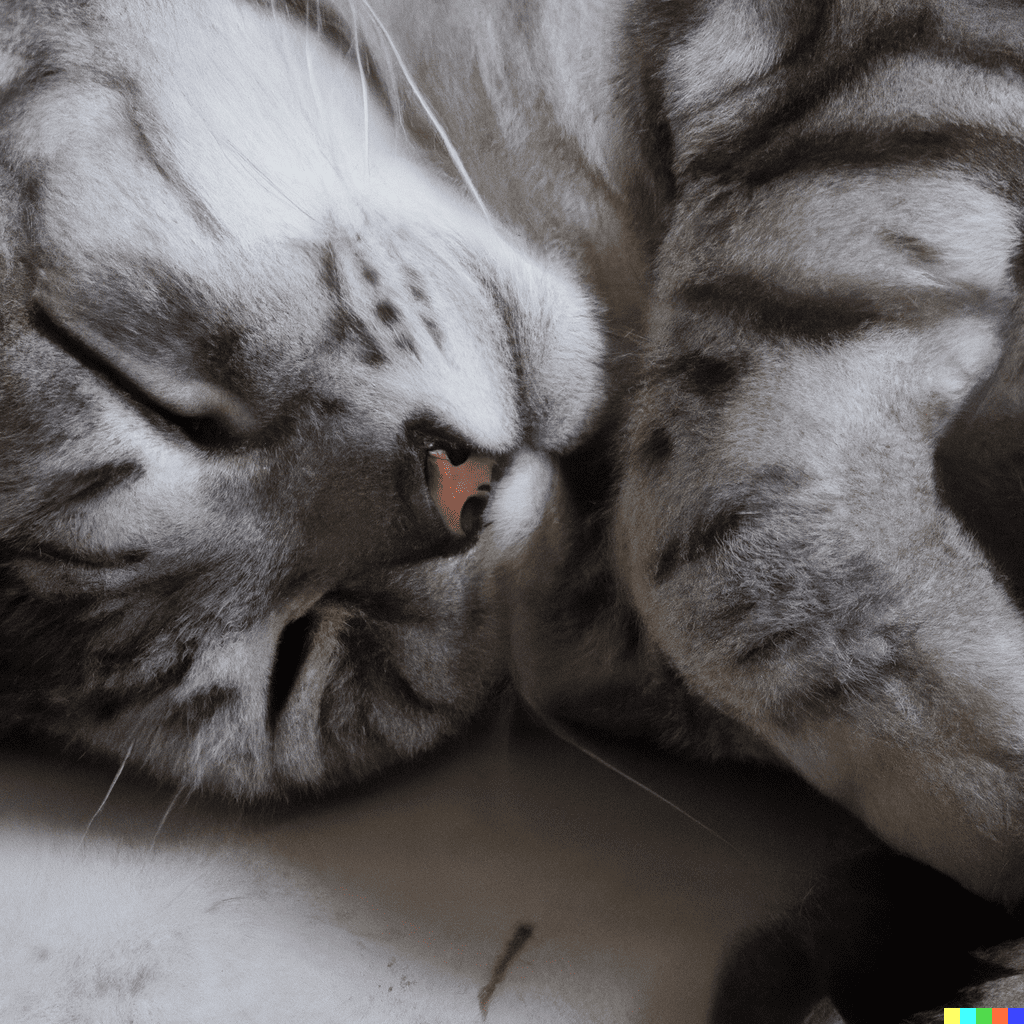
Beyond Basic Sleep Hygiene
Beyond reminders and prompts for basic sleep hygiene, ChatGPT can offer advanced advice on improving your overall sleep environment. It can suggest various ergonomic pillow types and mattress options based on your preferred sleep position, or discuss the benefits of humidity control in your sleeping space. These are nuances that can significantly impact your comfort level, and thus, your sleep quality.
Understanding Sleep Disorders
ChatGPT is a rich source of knowledge about sleep disorders such as insomnia, sleep apnea, restless legs syndrome, and narcolepsy. It can provide insights into these conditions, their symptoms, and general approaches to management. However, it’s crucial to remember that while ChatGPT can provide accurate and useful information, it cannot diagnose these conditions. Always consult a healthcare professional if you suspect you have a sleep disorder.
Creating a Customized Sleep Routine
Creating a consistent pre-sleep routine signals your body that it’s time to wind down and get ready for rest. ChatGPT can help develop this routine, recommending relaxing activities such as reading, listening to calming music, or practicing gentle yoga. It can provide different options and allow you to choose what suits you best, thus creating a personalized routine that you’re more likely to stick to.
Conclusion
The impact of artificial intelligence on healthcare and wellness is broad and far-reaching, with sleep health being one of the many areas benefitting from this technology. ChatGPT offers numerous applications that can help you understand, manage, and improve your sleep, making it an accessible and versatile tool for sleep enhancement.
Yet, while the potential of ChatGPT and similar AI technologies is impressive, they are not standalone solutions for sleep disorders or severe sleep issues. Professional healthcare advice remains paramount in these cases. What ChatGPT does offer, however, is a strong support system, an on-demand source of information, and an interactive tool for better sleep hygiene.
As the landscape of sleep management continues to evolve, the integration of AI and healthcare represents an exciting development. It not only empowers individuals to take charge of their sleep health but also opens up opportunities for more in-depth, personalized, and efficient sleep care in the future. By combining AI’s potential with healthcare expertise, we are on the right path to unraveling the complexities of sleep and achieving better rest for all.

